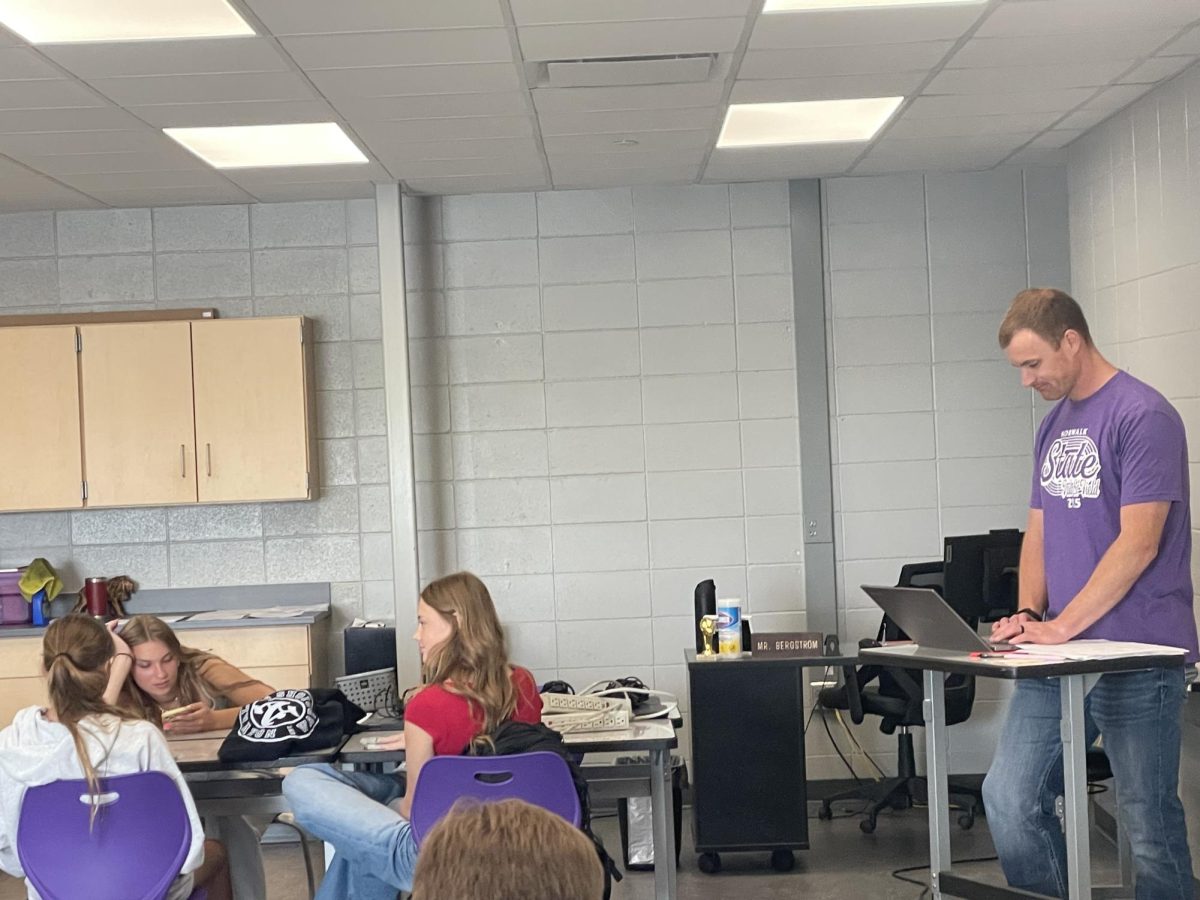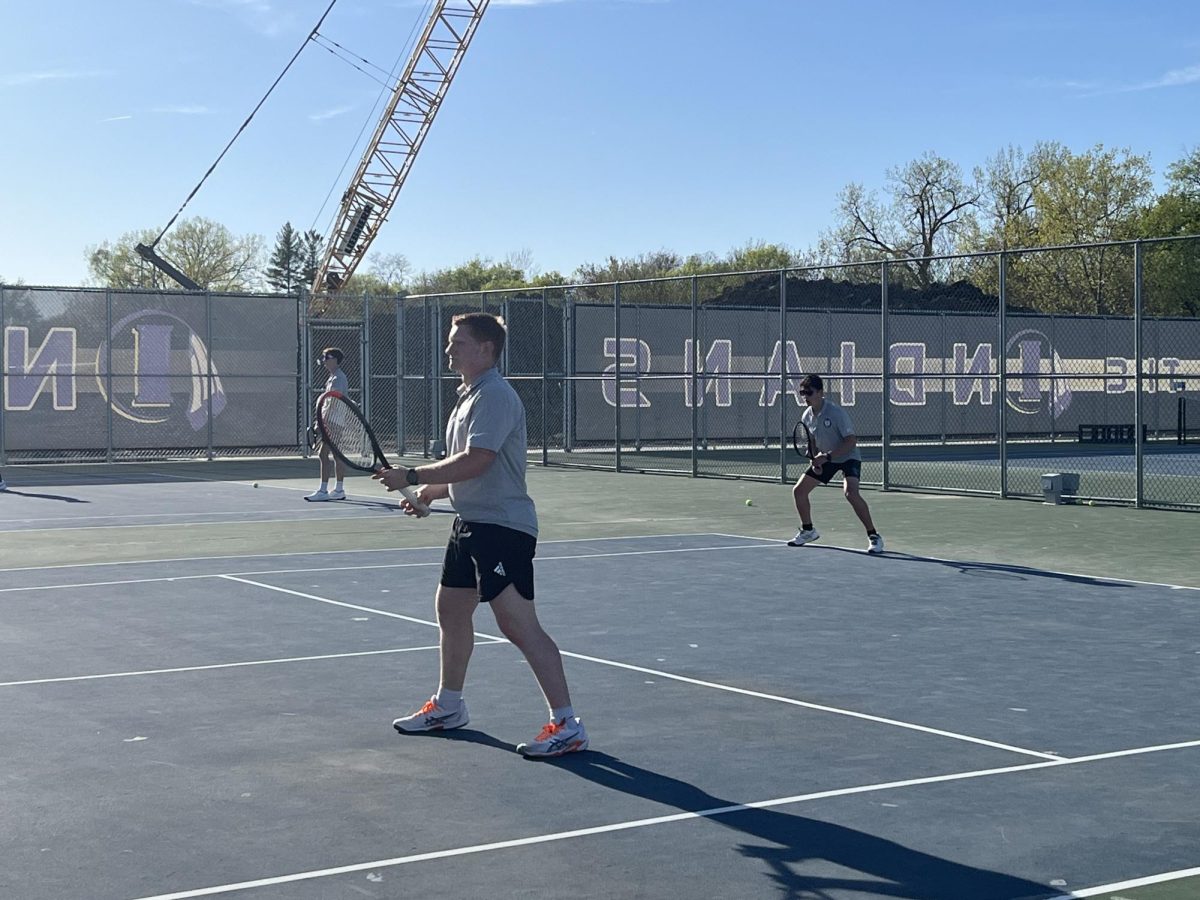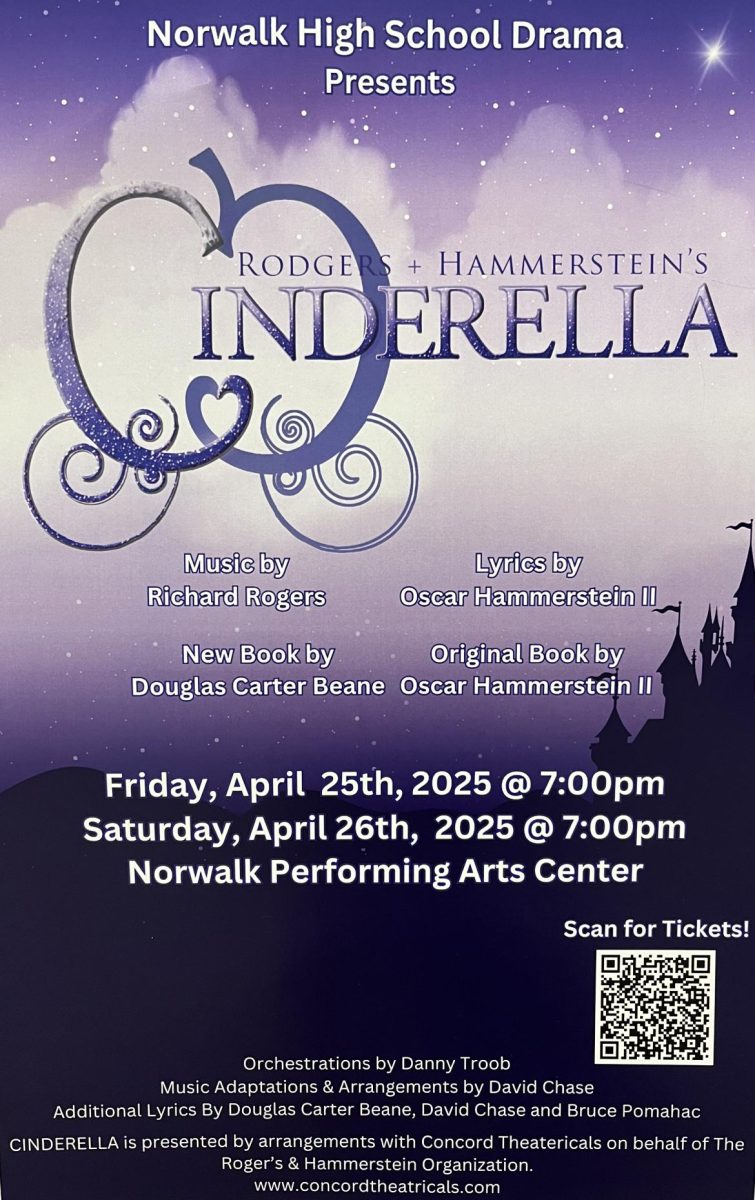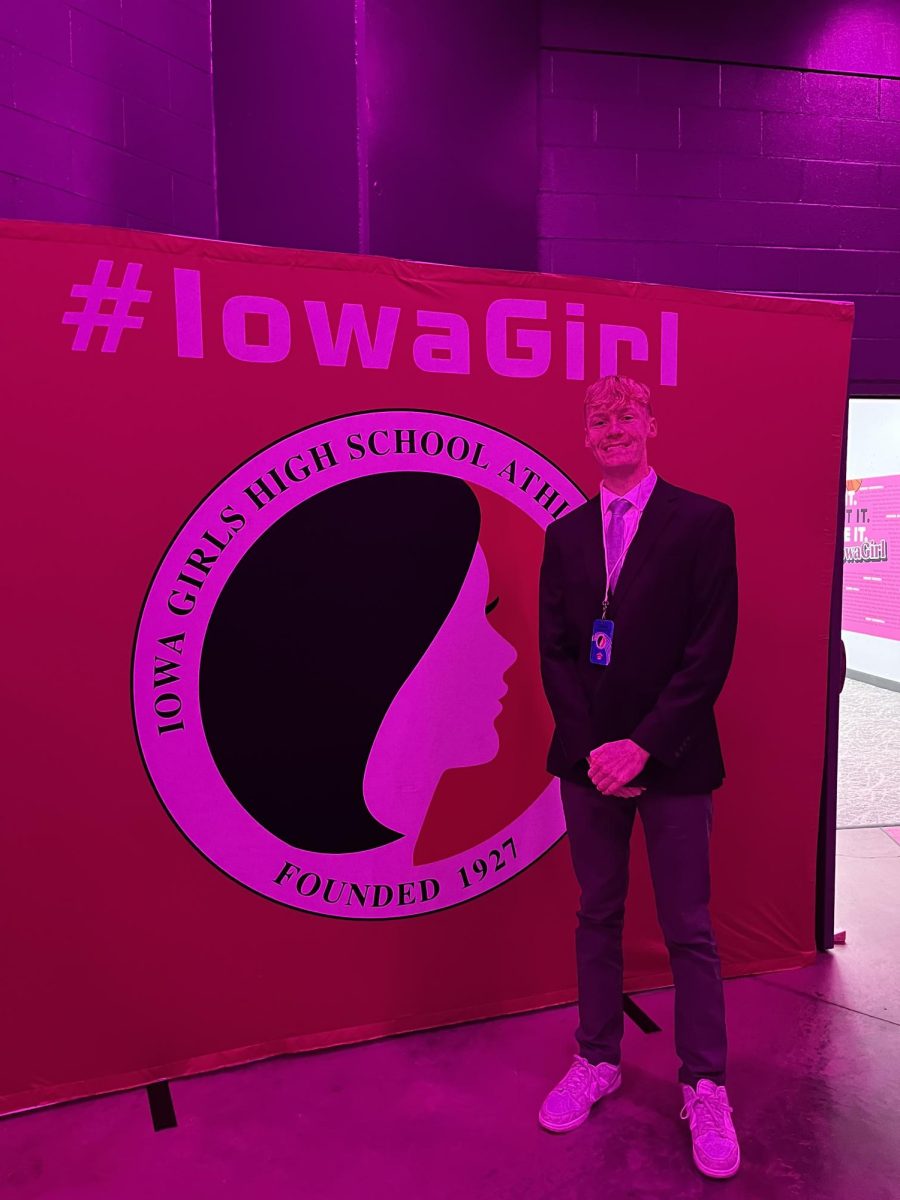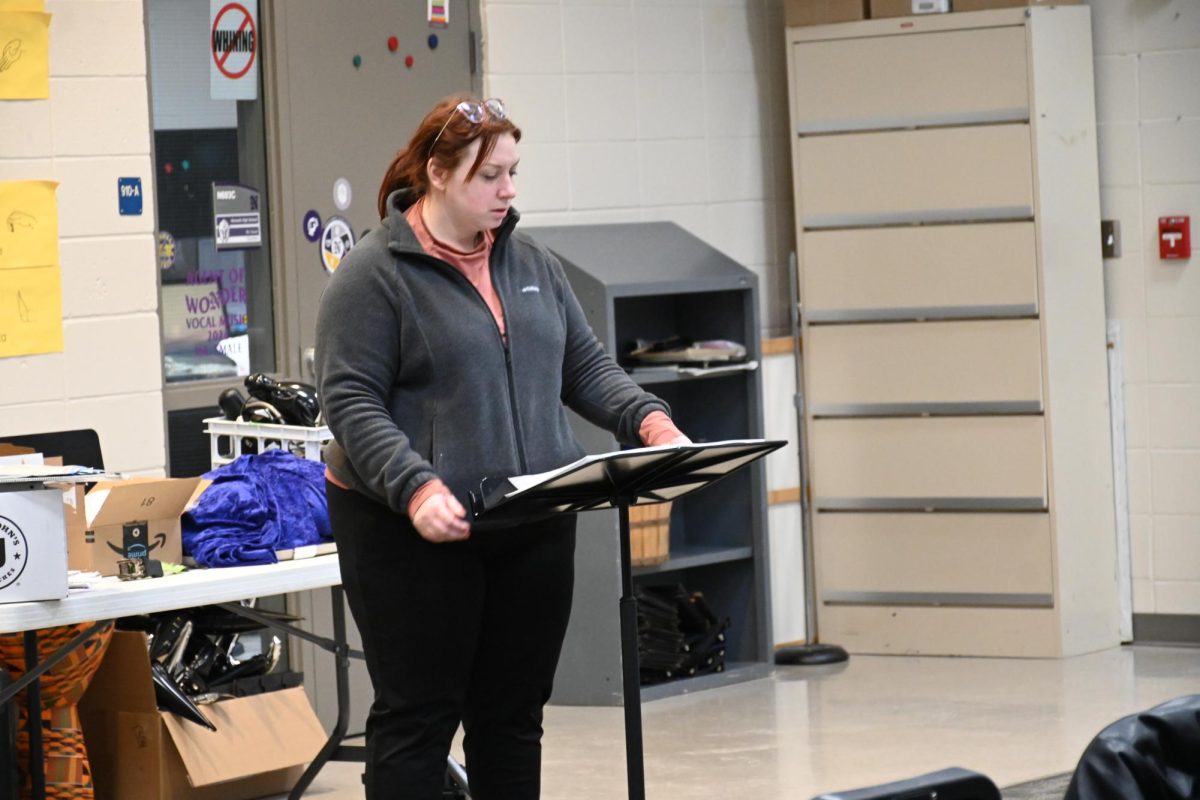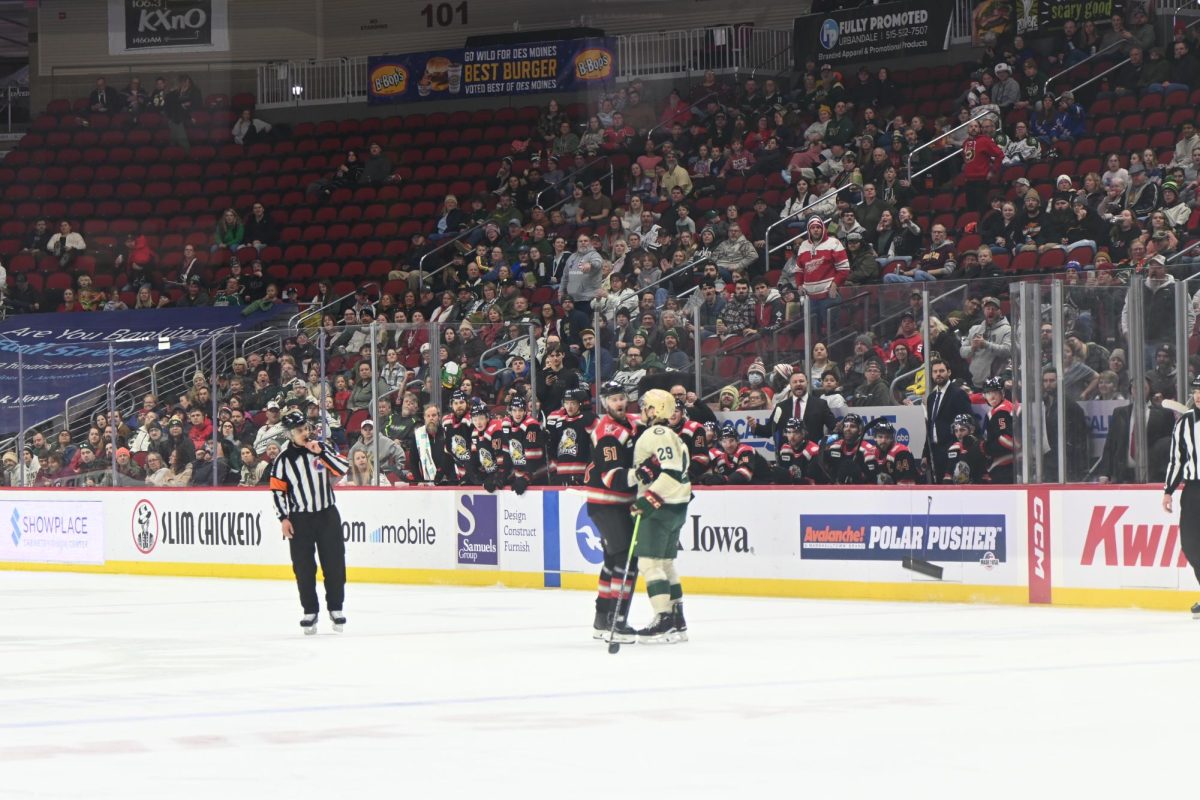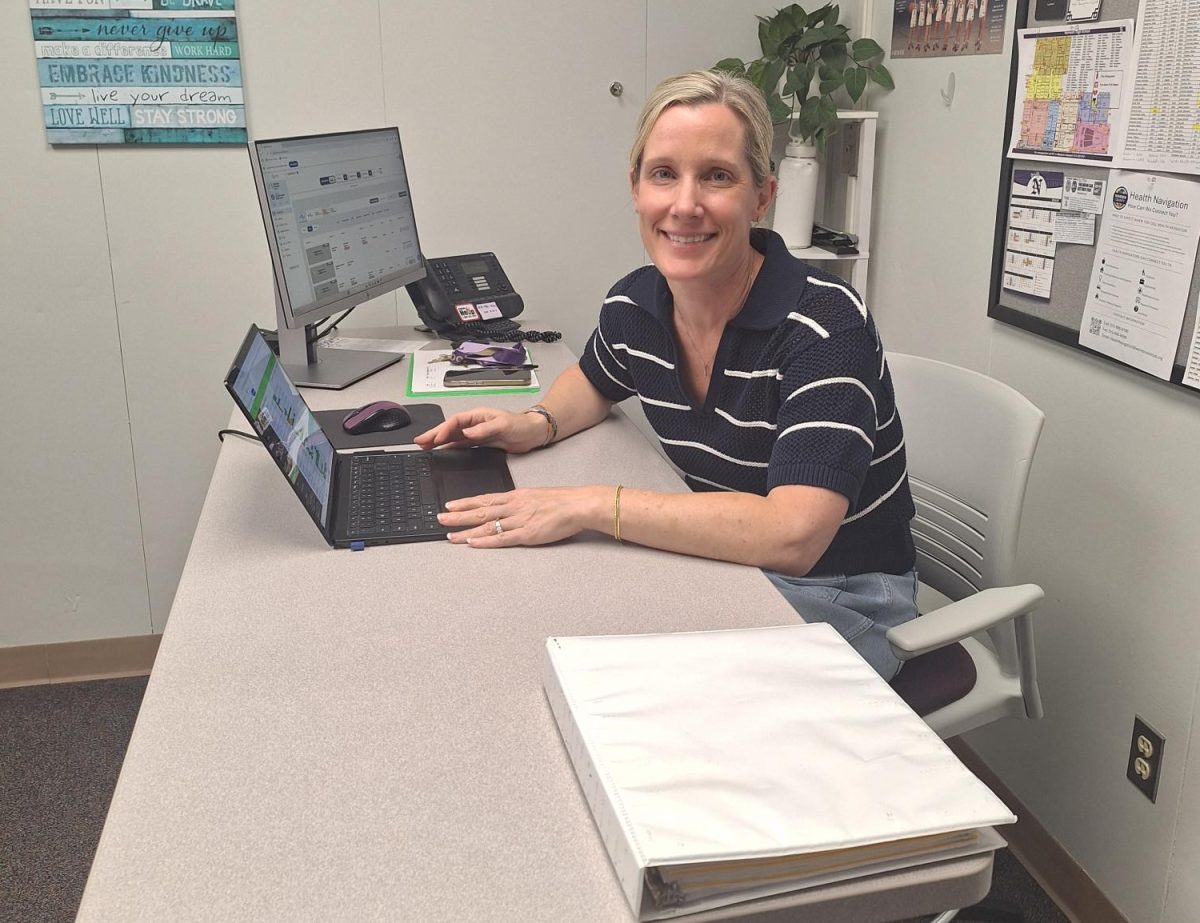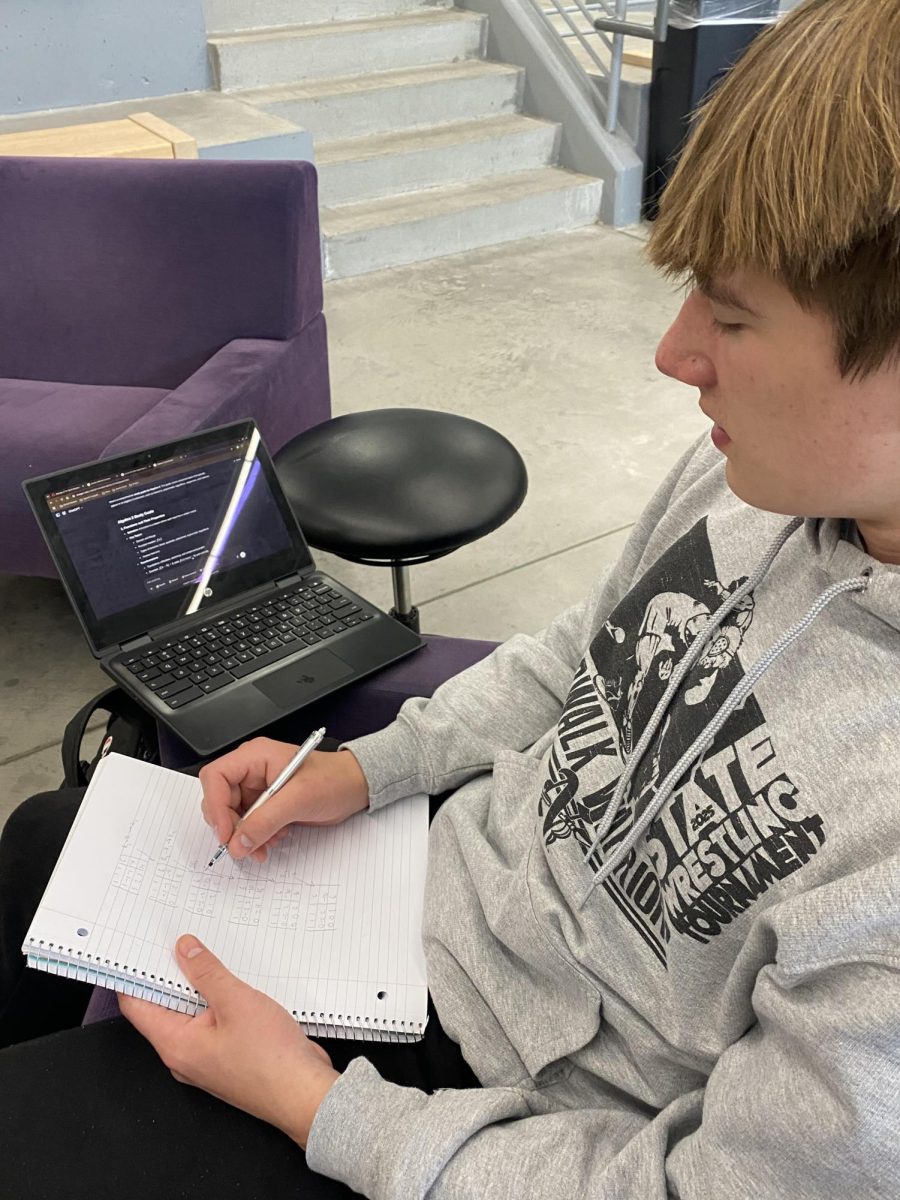Vouching for Education
The Students First Act and what it means for the future of Iowa education
March 30, 2023
Iowa private schools will have the opportunity to receive public funding due to a law passed in January that allows families to use taxpayer dollars towards private education.
“My initial response to this legislation is that we are paying attention to how financially it will impact our district,” said D.T. Magee, superintendent of the Norwalk Community School District. “So will it impact our enrollment, and then overall how will it impact the finances of the state? Will there be less money, the same amount of money, or more money for those state entities who are currently receiving state funding?”
How does the new law work?
It has long been the case that state funding for public schools in Iowa is determined by the number of students enrolled in each school district the prior year.
Under the new law, a student can choose to relocate from a public school to a private option, and bring this money with them to fund their new school.
As this new law phases in, all Iowa families will be given the option of using an Education Savings Account (ESA) of up to $7,598 a year for private school tuition and certain other educational expenses, according to the Des Moines Register. The law also allocates $1,205 to public schools for each student in the district who chooses to attend private schools.
How will this affect Norwalk?
With more money available for private school tuition, Iowa parents and students may consider attending private schools. Magee said a survey has opened for Norwalk parents to find out if Norwalk enrollment will be affected by this change in educational funding.
“We have sent out a survey to ask for parents to tell us if they intend to use an ESA next year,” he said. “We’ve only had one positive, affirmative response so far, but we are going to continue to do that over the next several months, as the deadline is June 30 to apply for an ESA.”
Magee said choosing to use an ESA is a personal choice for each family.
“Could be personal beliefs, could be a different type of educational setting that they’re looking for, and that’s what we see currently, whether it is choosing an online provider because we don’t provide an online program, or it is a particular belief system, or special needs for their students,” he said. “I would assume it would be similar circumstances.”
How would Norwalk Schools respond to a loss of funds?
When asked about the possibility of budget cuts in response to this bill, Magee said he does not expect Norwalk Schools to make cuts.
“As a growing district, if we continue to grow students, it will be less about cutting versus adding less,” he said.
Magee said budget cuts could be a challenge, as there will likely be no easy cuts to make.
“Let’s say we would lose 12-13 students to ESAs, one per grade level,” he said. “With that, we would lose state funding that would be certainly over $70,000 to $100,000. We wouldn’t be able to make a cut to an elementary teaching position or a high school teaching position because we are just losing one student per grade level. So, expenses would stay pretty stable but revenues would decrease, so that is one challenge that our district and other districts are going to face is how to cut expenses.”
However, Magee said that he is proud and assured in Norwalk Schools and the education they provide.
“We have 3,417 kindergarten through 12th grade students, so we are doing a great job in providing a wonderful education,” he said. “We think we will be able to compete with other options. I am confident in our staff and community that they’ll continue to make a great learning environment for our students.”
What do private schools think?
Norwalk Christian Academy is a private education option located in Norwalk, housed at Fellowship Community Church. Teaching students from pre-kindergarten to sixth grade, Norwalk Christian Academy provides both a religious and grade-level academic standard to the classroom.
Cheri Minella, director of Norwalk Christian Academy, said this bill will open up opportunities for private school students and their families.
“I feel it will give parents a choice now, and feel that it will increase enrollment for private schools,” she said. “This will help families who could not afford private school to be able to afford it.”
Minella said she believes this new law will be valuable for education in Iowa.
“We are excited that this bill has passed,” she said. “It puts education in the hands of families now.”
Main Street School is another private school within the district, teaching students from preschool through twelfth grade.
Katie Routh, board chair of Main Street School, said this bill does not apply to all private schools, as their school remains unaffected.
“This bill won’t have an impact on Main Street School, but it will on other schools who are accredited,” she said.
An accreditation is a standard that must be met by all private schools in Iowa in order to receive state funding. These schools can become accredited through independent accrediting agencies, once a school has met all aspects of Iowa Code. This code includes requirements such as core classes (math, science, social studies, etc.), leisure time and activities, licensed teachers, and more.
Becoming an accredited school is an individual decision made by each private school in Iowa. With all of these requirements, some schools might choose to educate without accreditation. Routh said Main Street school remains unaccredited.
“If we were to get an accreditation, it would be to our benefit,” she said. “However, I personally believe that public money should go to public schools instead of private.”
With this bill in place, more private schools in Iowa may now consider accreditation.
“We have been thinking about getting accredited for multiple reasons,” Routh said. “We currently cannot qualify for a lot of grants. However, becoming accredited is a long process and would require us to do state testing such as the ACT or other kinds.”
However, Routh said state testing and extracurriculars are still available to private school students in a public education setting.
“If Main Street students want to take tests like the ACT, they can take them at the public school while staying private,” she said. “Private school kids can also be involved in public school activities or clubs.”
Similar to accredited private schools in Iowa, public schools have to follow qualifications that are provided by The Iowa Department of Education and State Board of Education. Routh said public schools can provide accommodations that private schools cannot.
“I am not sure how this bill will affect Norwalk,” she said. “If it does, it won’t be good for the public school; it takes money away from the school, which is already struggling. Public schools offer things that private schools cannot, such as teachers or social workers.”
In addition to the role of board chair of a private school, Routh said she is also a retired public school educator.
“I just think it’s really sad that money is going to be taken away from the public schools,” she said. “As a retired public school teacher it breaks my heart to think of where Iowa schools are now versus where they used to be, and this bill will make it worse.”
Opposingly, Routh said other private schools may think differently on this bill.
“I think the majority of private schools would support this bill, because the more money, the more people,” she said. “But the people who voted for the legislature are hoping that our public schools will fail, and public schools are the backbone of Iowa.”

